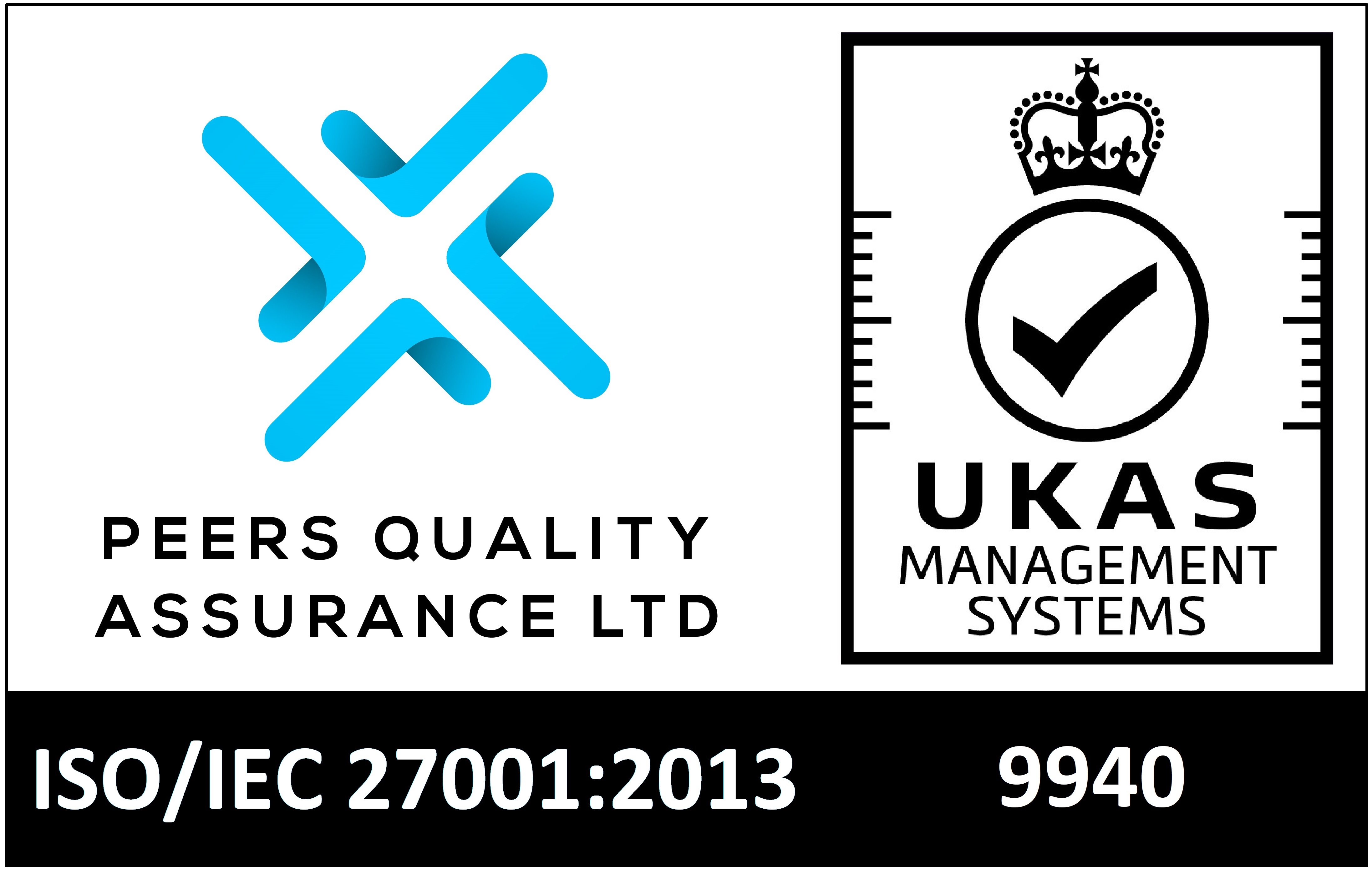Dan Wood, a Mott McDonald employee shares his experience of being screened for prostate cancer through his flexible employee benefits scheme and how the screening found that he had aggressive prostate cancer even though he showed no symptoms. Dan speaks of his journey from the initial screening to being treated by a urologist.
Dan, why did you choose prostate cancer screening from your flexible benefits scheme?
I was adopted as a baby and so knew none of my birth family’s medical history. The trigger in fact was that when I was 50 years old in May 2019, out of the blue I received an email from a woman saying “You don’t know me, but I think I’m your sister!” You can imagine what a shock that was-albeit an amazing one. Suddenly, I was in touch with my Birth family. Once we’d all got to know one another, I asked my sister if there was any medical family history, I should be aware of (and incidentally being a nurse) she told me that my father and half-brother both had suffered from prostate cancer and that I should keep an eye out for it.
What happened next?
Every December we update our employee flexible benefits, we can choose for instance gym membership, life insurance, you know the usual choices.
It happened - quite by coincidence - that my company, Mott McDonald was offering prostate cancer screening through Check4Cancer and because I had found out a few months previously about my father and brother’s prostate cancer in the May of 2019, in the December of 2019 I ticked the "PSACheck" prostate cancer screening box on the Flexible Benefits form. Anyway, I forgot about the cancer screening for 11 months, as I had no symptoms and almost forgot about it, especially as the country went into its first lockdown in March 2020.
Almost a year later, I was sent a reminder email to update my annual benefits, which jogged my memory, so I ordered the PSACheck prostate screening kit before the benefit expired; that was in November 2020. The test kit arrived at my home, and I looked at it for a week, convinced that my test result was a foregone conclusion, i.e. negative, as I had no symptoms, but I suppose in the back of my mind, I was apprehensive about the possibility that I might follow in the male birth family’s history of prostate cancer.
Taking the PSA test
So, after a week of staring at the prostate cancer screening test kit, I took the test, which was a simple finger-prick blood sample, sent it off and didn’t really think much more about it. Anyway, about a week after sending off the test I received a telephone call from Check4Cancer saying my PSA level was elevated, which meant that I had to do another PSACheck test six weeks later. Obviously, this result did play on my mind as I was surprised that my PSA was so elevated; wasn’t prostate cancer something that happened to older men?
When I received my second test kit six weeks later, I sent this off straight away; it was now January 2021. I got another call from Check4Cancer saying my PSA levels were still elevated and had in fact risen even higher this time. I was told to visit my GP at once.
Going to the GP
I made an appointment to see my GP in January 2021 and I must say the thought of a rectal exam put the fear of God in me; I was dreading it, but in the end, it really was nothing to worry about. My GP said to me everything seemed fine, either he could refer me to a urologist, or I could take another PSA test in six months’ time. As I had planned to go travelling in a year’s time, I asked the doctor to refer me to the urologist as I wanted to get it sorted out before I went travelling. The GP referred me as an urgent case, and I waited for my appointment.
Seeing the consultant urologist three weeks later
Just three weeks later I had an MRI scan, which highlighted areas of concern, finding likely tumours in the right- and left-hand side of my prostate gland. After two subsequent biopsies and a bone scan, they found that I had Grade 4 prostate cancer, which is aggressive, and that I would need surgery the following month to remove these tumours. That news came as a real shock to me, as I still had no symptoms and believed myself to be fit and healthy – how could I have cancer? The whole experience seemed unreal at the time. Anyway, I had surgery in June to remove the tumours and fortunately the cancer was contained, hadn’t spread and I should make a full recovery.
Why do you think men don’t get tested?
Middle-aged men don’t tend to discuss health issues or visit their doctor willingly. Had my company, Mott McDonald not offered me prostate cancer screening as a flexible benefit, I doubt very much that I would have gone to my GP for a PSA test and if I had done so, the GP may have declined giving me one also, as I had no symptoms.
You must be thankful that you choose prostate cancer screening as a flexible benefit, or your prognosis could have been very different
Yes, the consultant urologist estimated that in just a few years left unchecked the cancer would have spread, and I would have been looking at a very different outcome. It is a very sobering thought. I’m just so grateful that I took the test, and I would encourage all men in their 40’s to get tested for prostate cancer; it could save their lives!
Prostate cancer - the facts
- Prostate cancer is the most common cancer in men across the UK with more than 47,700 men diagnosed with prostate cancer every year.
- This means that 1 in 8 men will get prostate cancer in their lifetime.
- Men with prostate cancer often have no symptoms unless the disease is detected at a late stage.
- There is currently no national NHS screening programme for prostate cancer, although men aged 50+ can speak to their GP to see if they are eligible for PSA testing, so screening is vital in protecting your health and early detection of prostate cancer could save your life!
Nearly half of all men are expected to develop prostate cancer at some point in their life. The chances of survival are extremely high in those that are diagnosed when there are no symptoms and when the disease is confined to the prostate gland.
- Information on the signs and symptoms of prostate cancer be accessed here.
- For more information on prostate cancer screening with Check4Cancer please click here.




